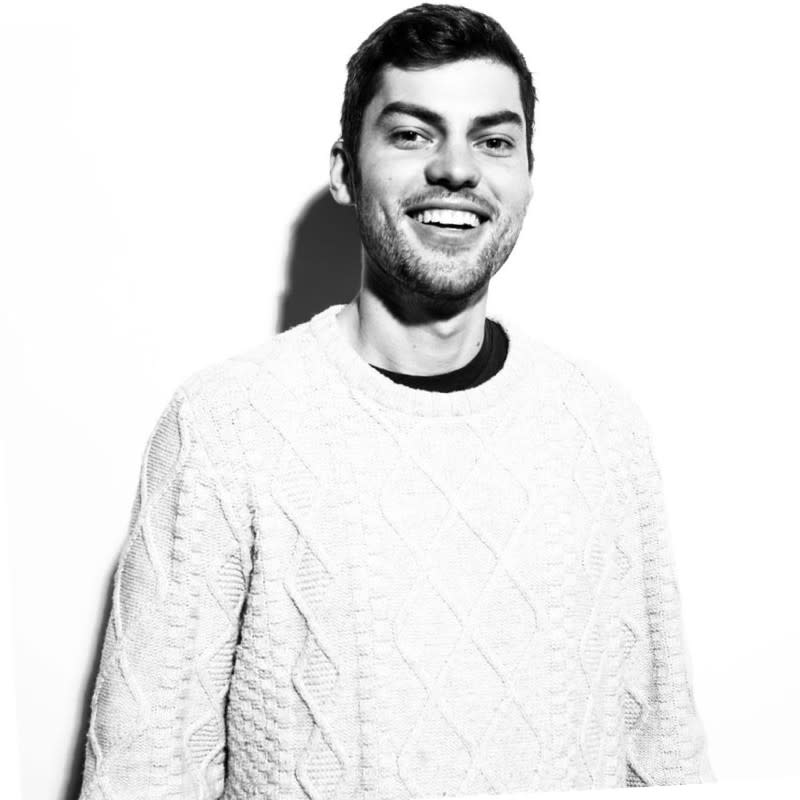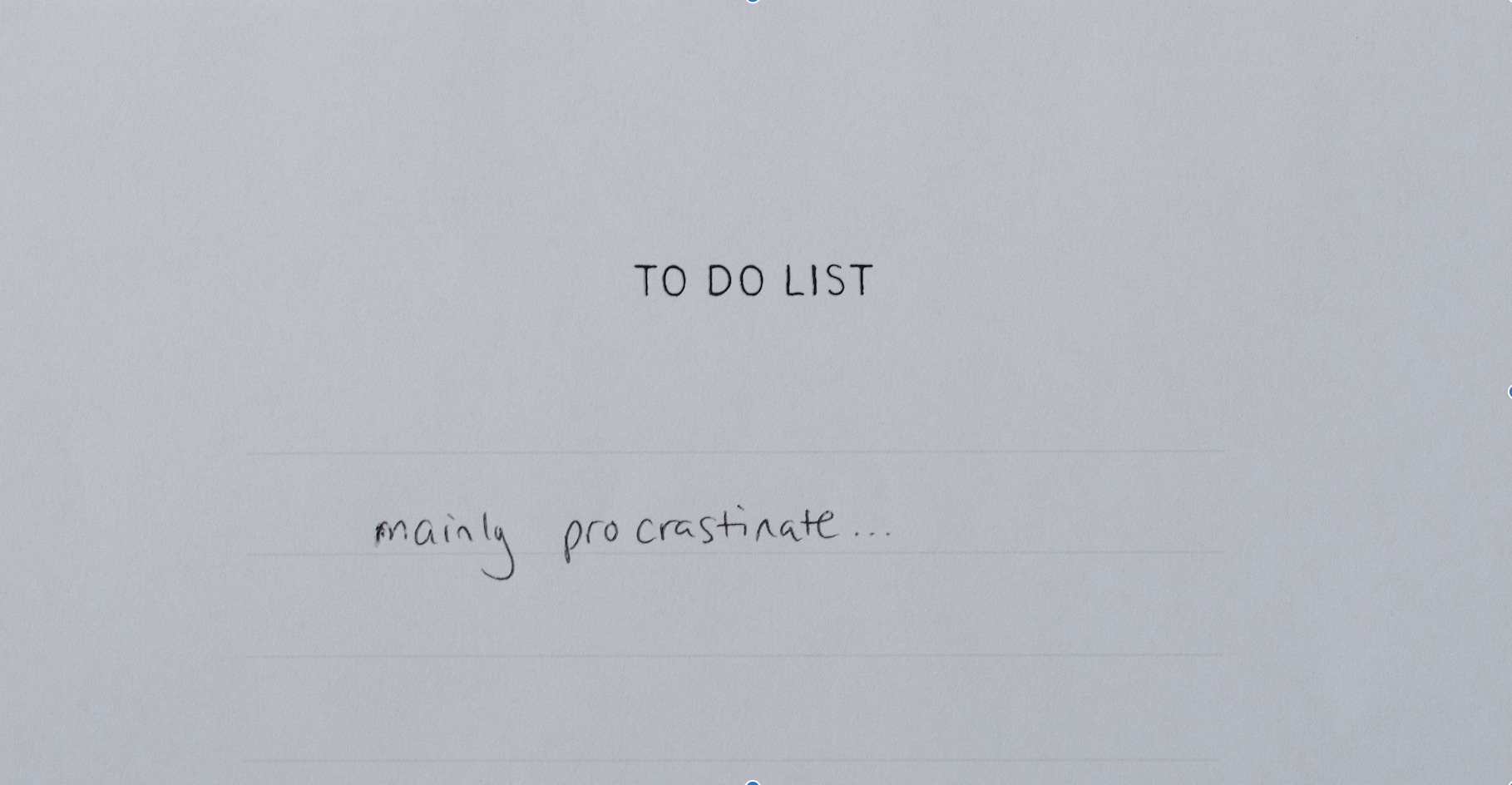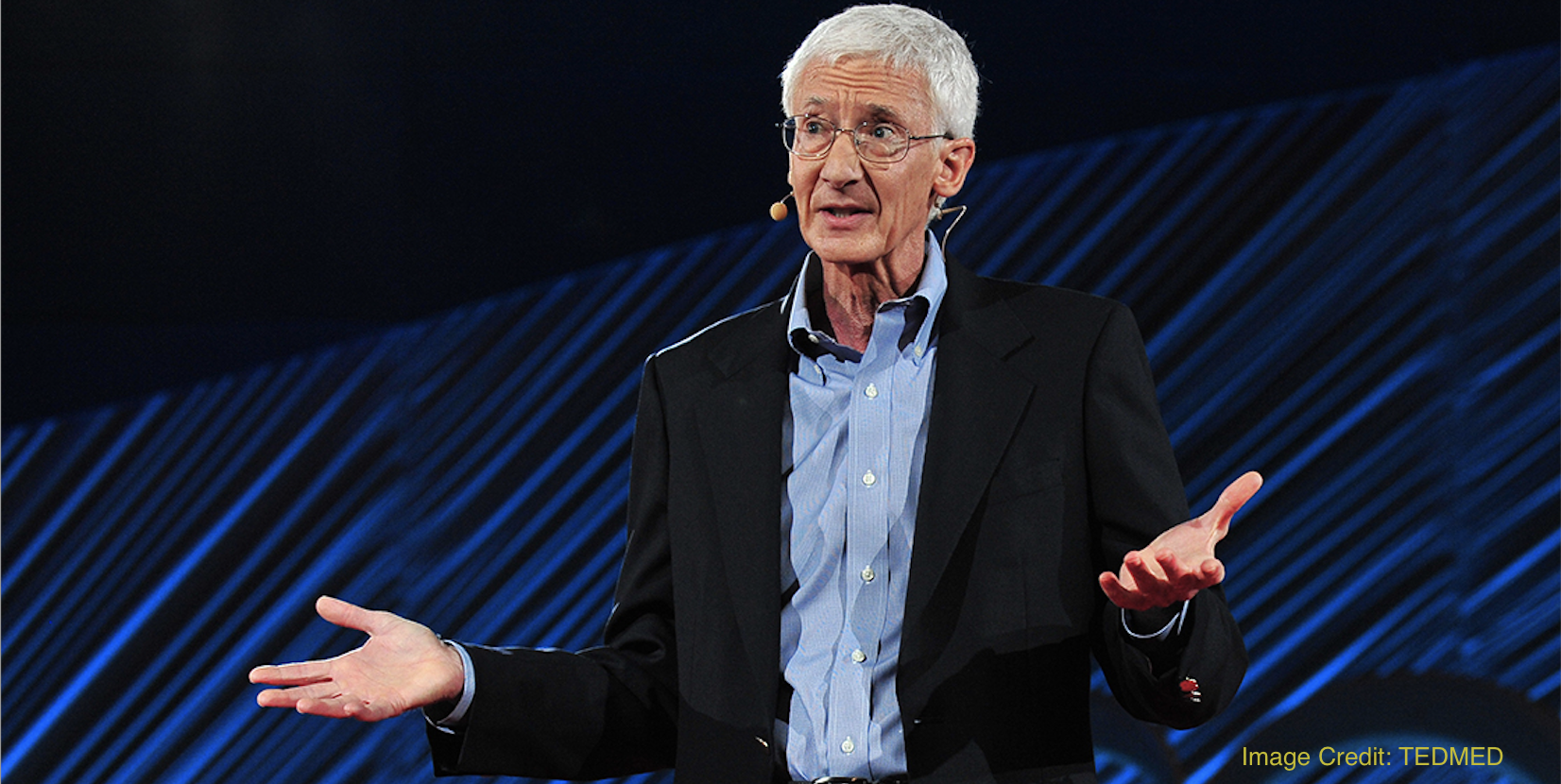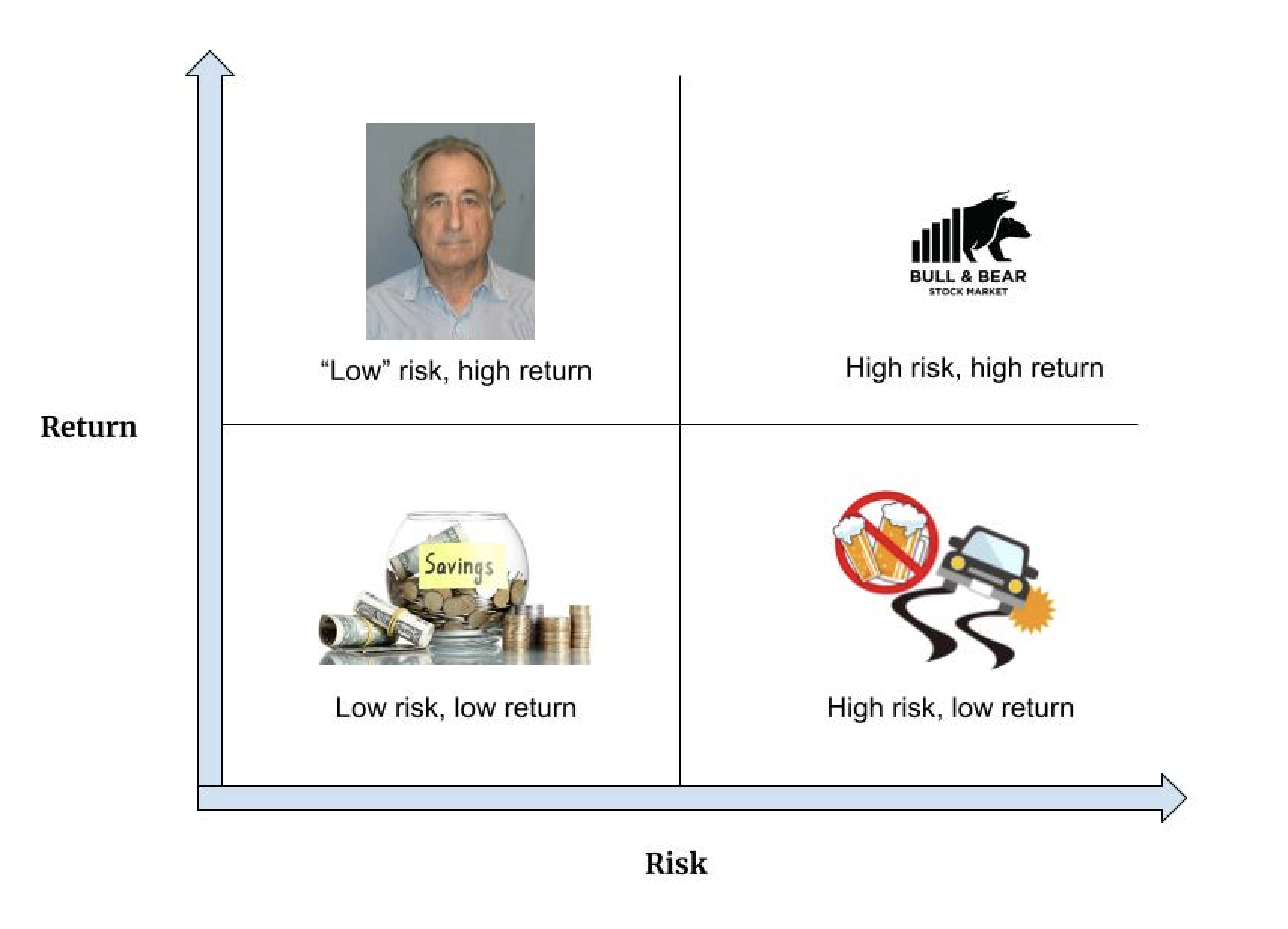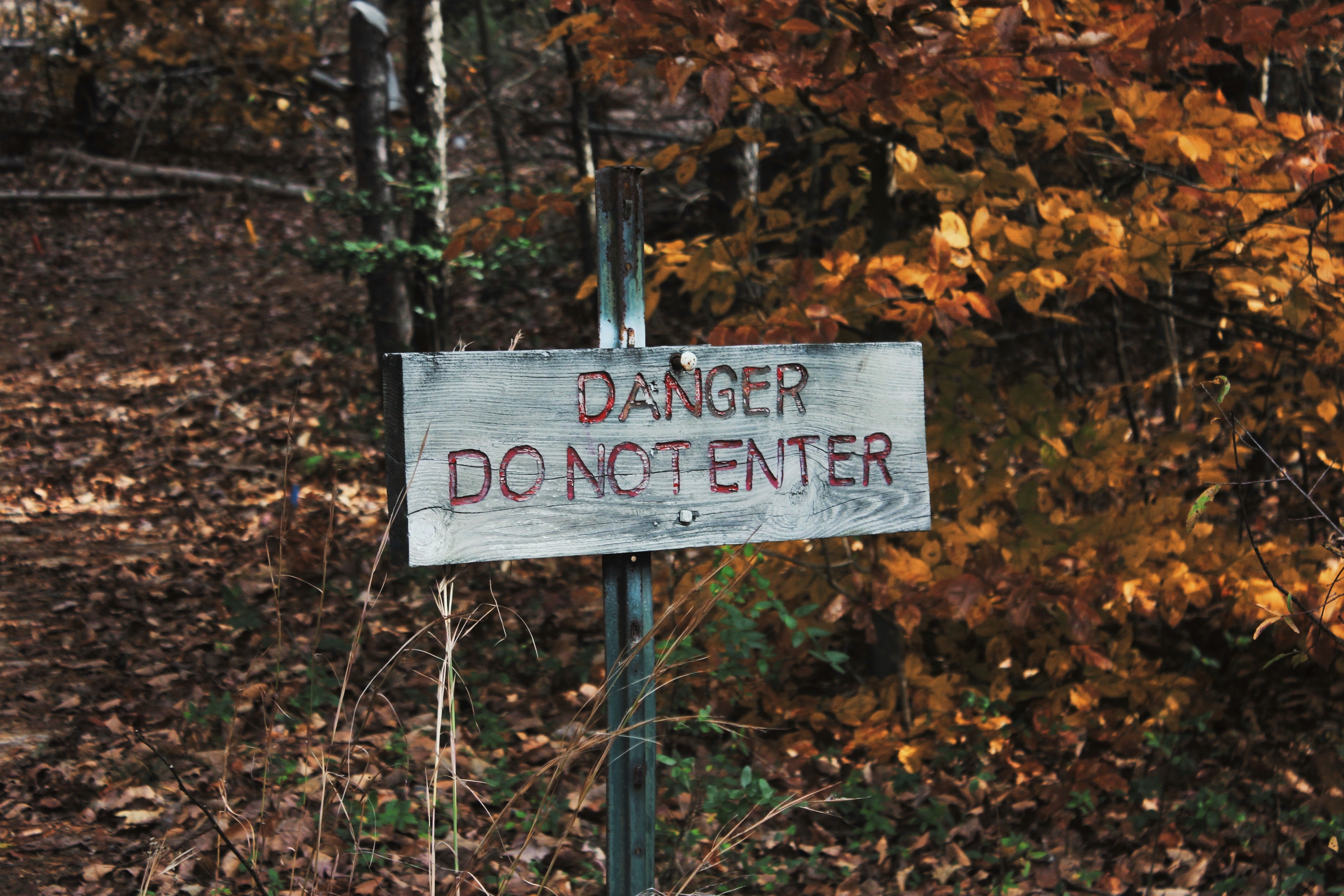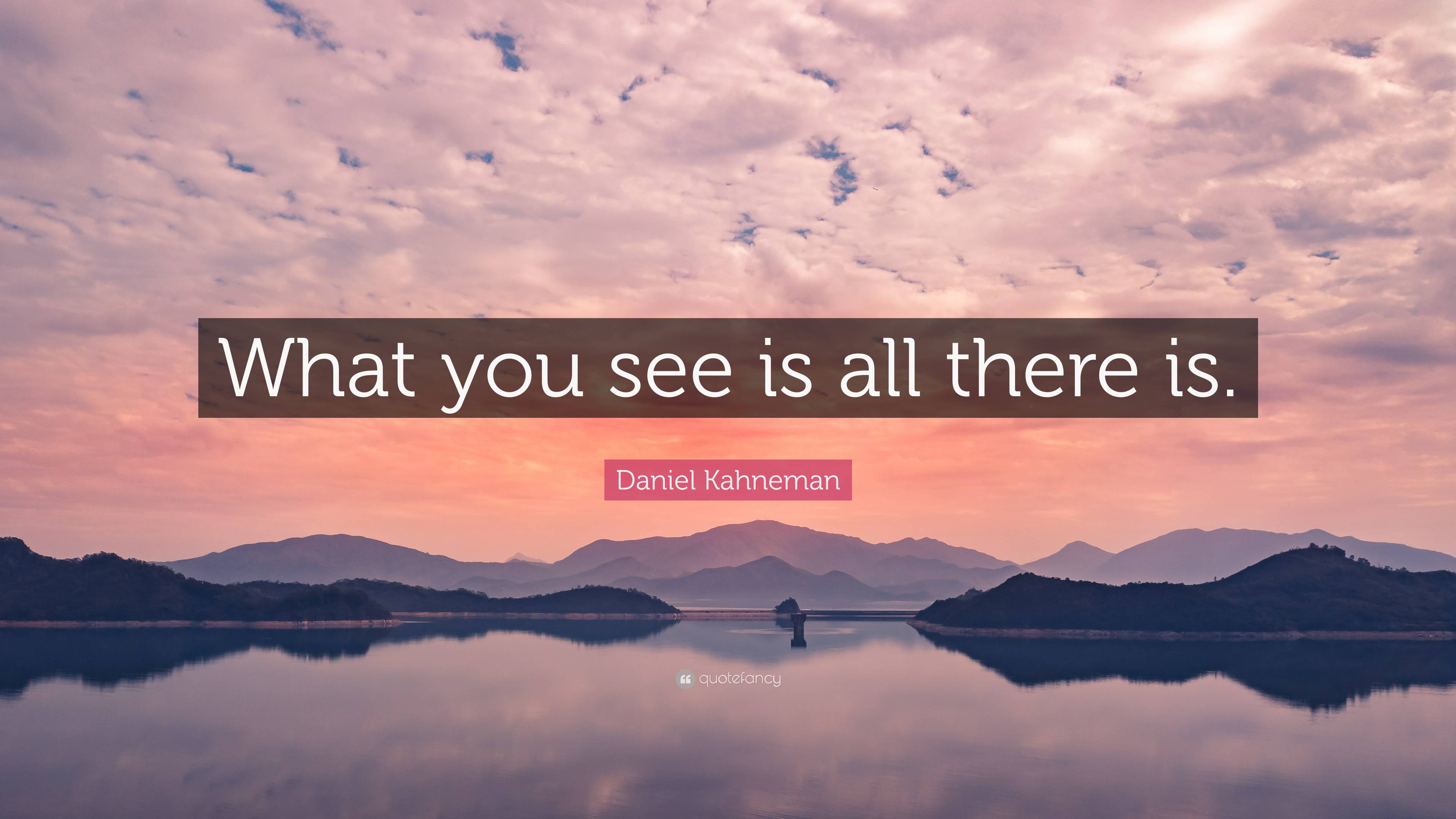Taking Responsibility for our Minds
When I was a 20-year-old college student, procrastinating each research paper to the point of inflicting self-harm, I imagined myself at 27 being a mature adult who calmly accomplished the tasks I laid out before me. Flash forward, and I am not that man.
In school, deadlines and consequences are directly related. For example, if you don't turn in your term paper by midnight, you're not going to pass the class. (And then you have to write your professor a sob story about how your junkie roommate stole your Adderall and that you are prescribed Adderall, you're not just using it recreationally like everyone else, so you are entitled to an extension.)
Outside of school (and most jobs and Tax Day), deadlines and consequences rarely arrive at the same time. We can procrastinate all we want with few—if any—immediate consequences. This apparent lack of consequences is an illusion, for we can wake up months or years later full of regret, a regret that is deeply sad in a way that no missed deadline can rival.
Most of my goals—like writing for a few minutes a day—don't require upending my entire life to accomplish. They just take accountability and the discipline to inch forward every day. Yet, if you observed me not writing a single line for sixth months, you'd think I was avoiding sawing off three digits (and not the unimportant ones).
If the obstacle to acting on my habitual goals isn't a shortage of time, but rather accountability, why am I not accountable to myself?
It starts with a few missed days. After that, I scold myself for being a bad boy and get bogged down by these critical thoughts. Then the critical thoughts become part of my identity, and the prospect of doing a simple habit becomes overwhelming.
In other words, the thought of "I haven't been writing, I'm the worst," reinforces itself until it's part of my identity. It's harder to alter my identity than it is to bounce back from one skipped day.
If you change the goal from writing to going to the gym, or to whatever it is that you're currently avoiding yet have the time to do, I bet the root cause—telling yourself that you're someone who doesn't do X consistently—is the same.
I recently re-subscribed to Sam Harris's meditation app called Waking Up (also the name of his book). The app is a great introduction to the theory and practice of meditation. A principal tenet of meditation is recognizing that your thoughts are not you. Rather, thoughts are events that occur in consciousness. If your thoughts are divisible from you, then you can see the self-critical stories that appear in consciousness as the lies they (usually) are.
Your thoughts are not you. This wisdom is easy to overlook because of its simplicity.
Another principle of meditation, just as important as separating thoughts from identity, is the reminder to begin again with each breath.
When meditating, every time that you let a thought take you down a rabbit hole—instead of just seeing a thought arise and pass—you can calmly notice this, let the thought go, and start over with the next breath. What if we treated our habits with the same attitude?
I think meditation is a gateway to understanding procrastination, avoidance, and self-accountability. If we can shake the stories about our identities that we cling to, and if we can recognize that each day (even breath) is a chance to begin again, then there is freedom on the other side. Instead of being someone who "always eats poorly," we can see this identity as a lie and begin again with a clean slate, without this identity. Even if the pattern of behavior is real, the identity that you cling to is just a recurring thought. It's not real, so you don't have to believe it.
I finished my book's main drafts over a year ago, and I'm annoyed that I haven't written more since then, simply because I enjoy writing. Fortunately, today was a special day, since it was another chance to detach from the narrative of being a writing procrastinator, to realize that this is a lie that I'm addicted to, and to begin again by writing a few paragraphs.
Yes, today being "special" is no different than the 400 days that preceded it, but that's the point. Every day is a chance to detach and begin again, because six months from now will also be a "today."
